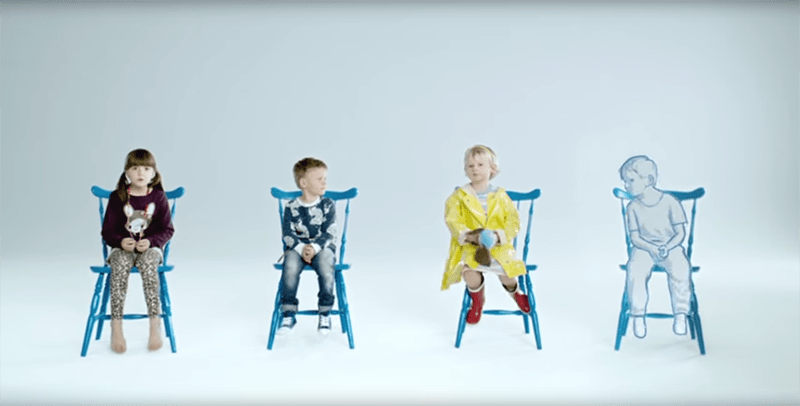This week we published a new study in Journal of Clinical Psychology in Medical Settings. We conducted a cross-sectional survey study to investigate whether there is a relationship between experiential avoidance, rumination, post-traumatic stress symptoms (PTSS), and symptoms of depression, in parents of children on cancer treatment.
[youtube]https://youtu.be/C-ZuqeyxULM[/youtube]
Data from 79 parents (55 mothers) of 79 children with a median of three months since their cancer diagnosis were included in cross-sectional analyses. Experiential Avoidance and rumination were positively correlated with PTSS and symptoms of depression. Experiential Avoidance and rumination did not provide incremental explained variance in PTSS over and above that explained by symptoms of depression, while controlling for symptoms of anxiety and demographic characteristics.
However, Experiential Avoidance and rumination provided incremental explained variance in symptoms of depression over and above that explained by PTSS, while controlling for symptoms of anxiety and demographic characteristics. Rumination and Experiential Avoidance are important constructs in the understanding of PTSS and symptoms of depression in parents of children on cancer treatment.
Future research should delineate the temporal relationships between these constructs.
Read the full paper:
Cernvall, M., Skogseid, E., Carlbring, P., Ljungman, L., Ljungman, G., & Essen, L. (2016). Experiential Avoidance and Rumination in Parents of Children on Cancer Treatment: Relationships with Posttraumatic Stress Symptoms and Symptoms of Depression. Journal of Clinical Psychology in Medical Settings, 23(1), 67-76. doi:10.1007/s10880-015-9437-4
